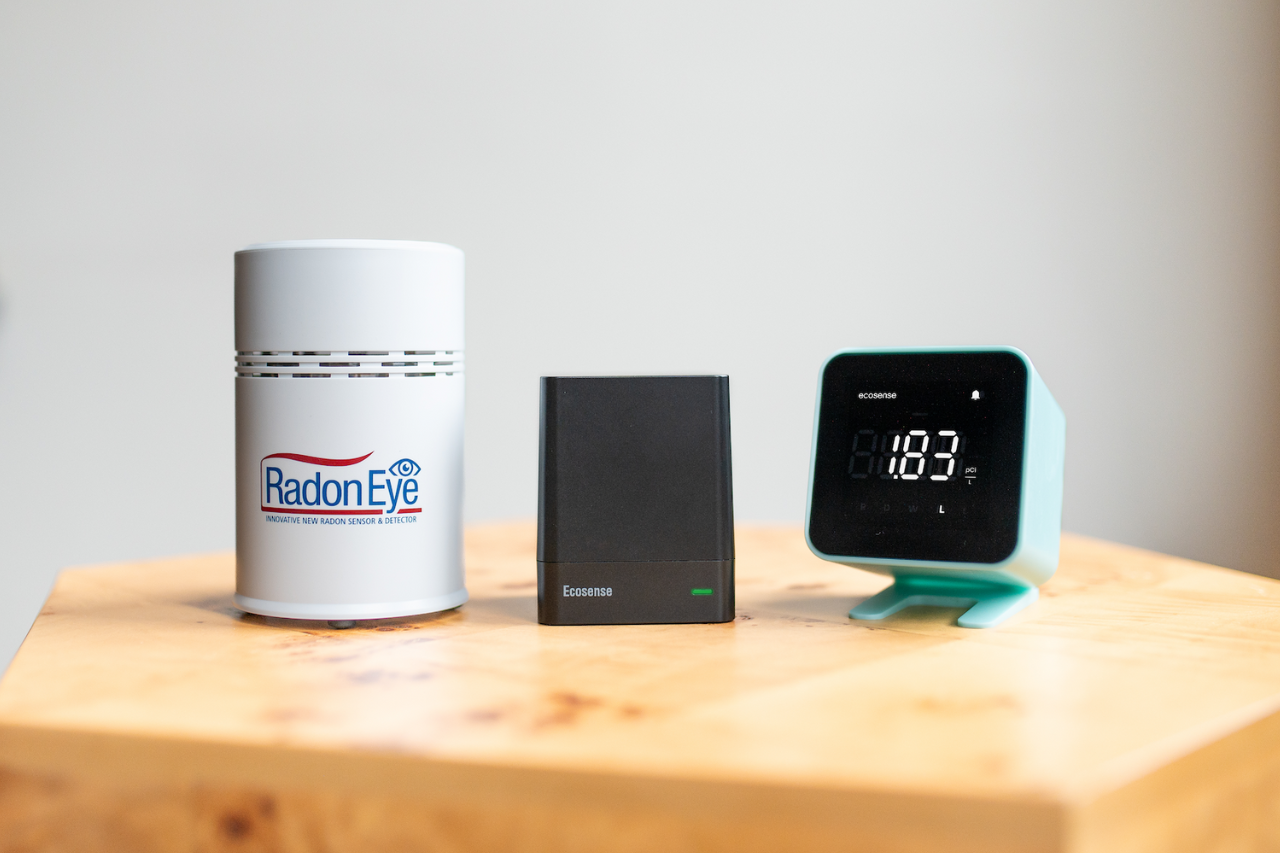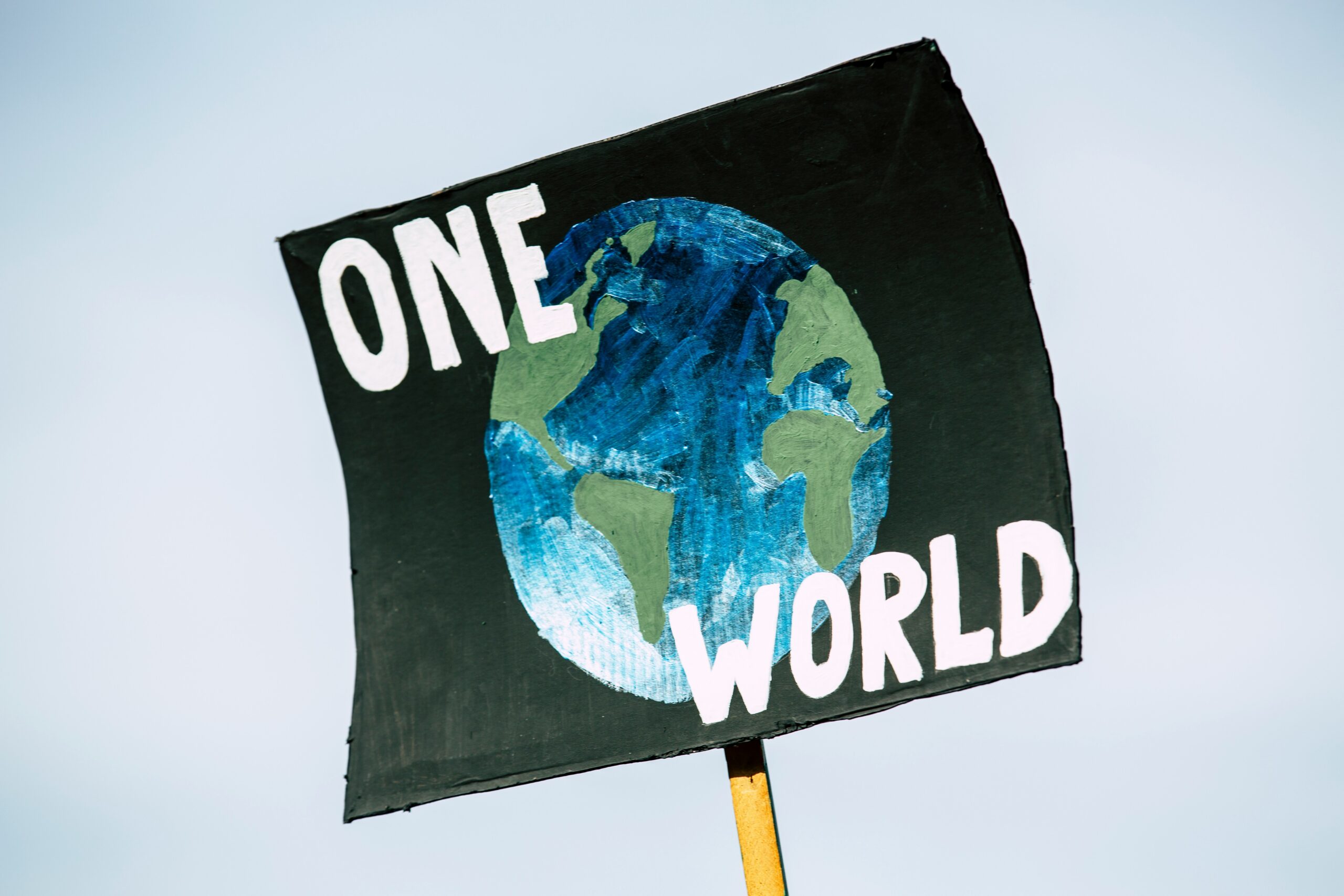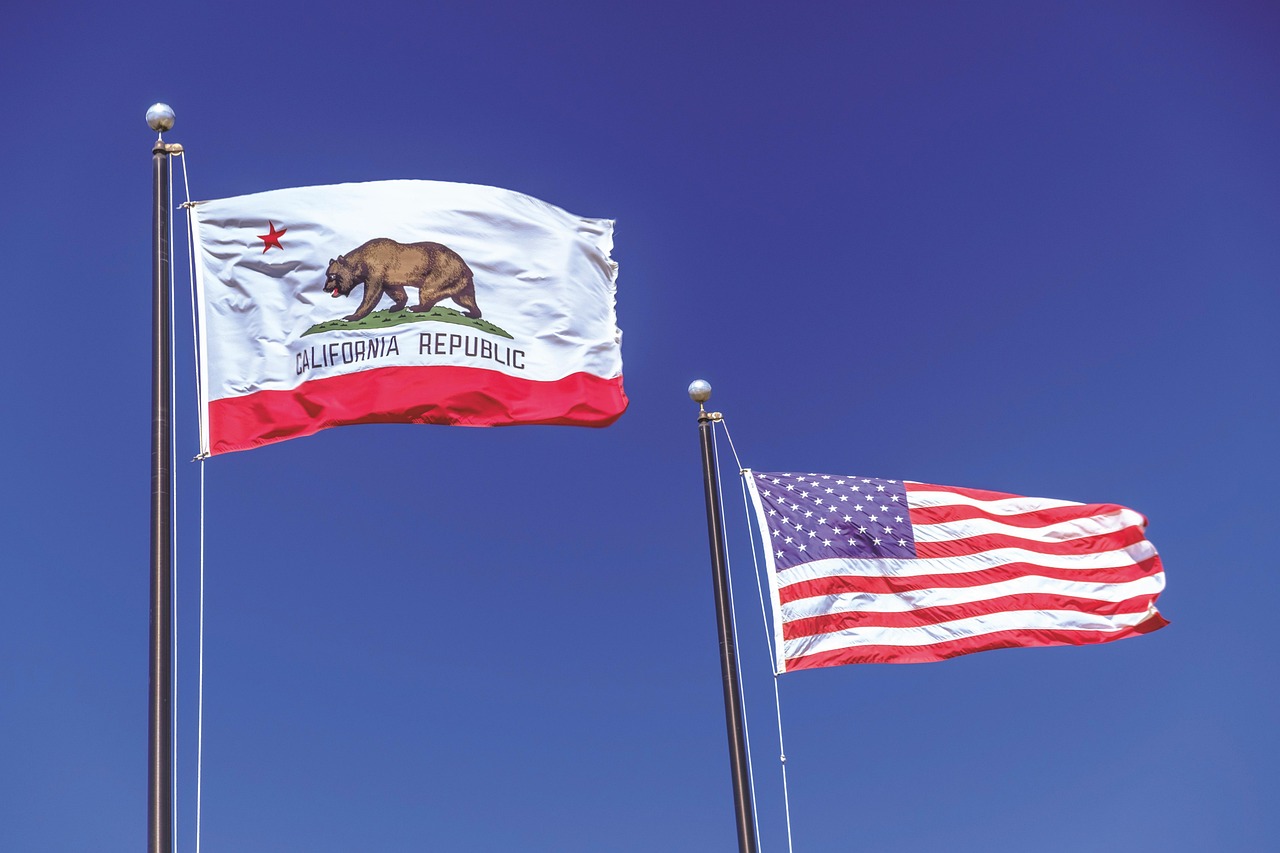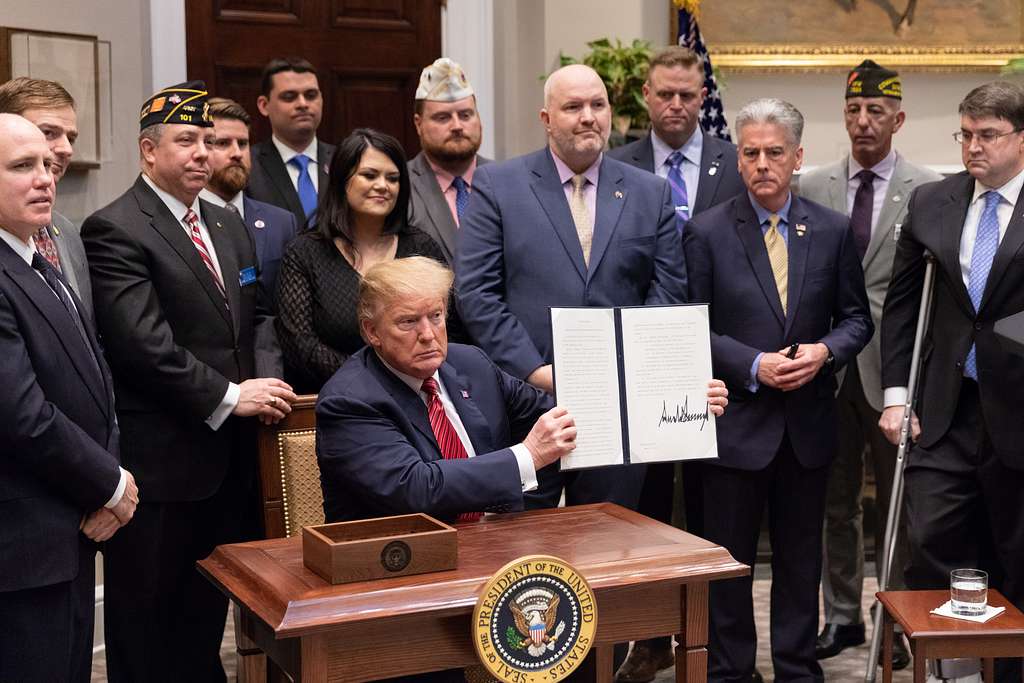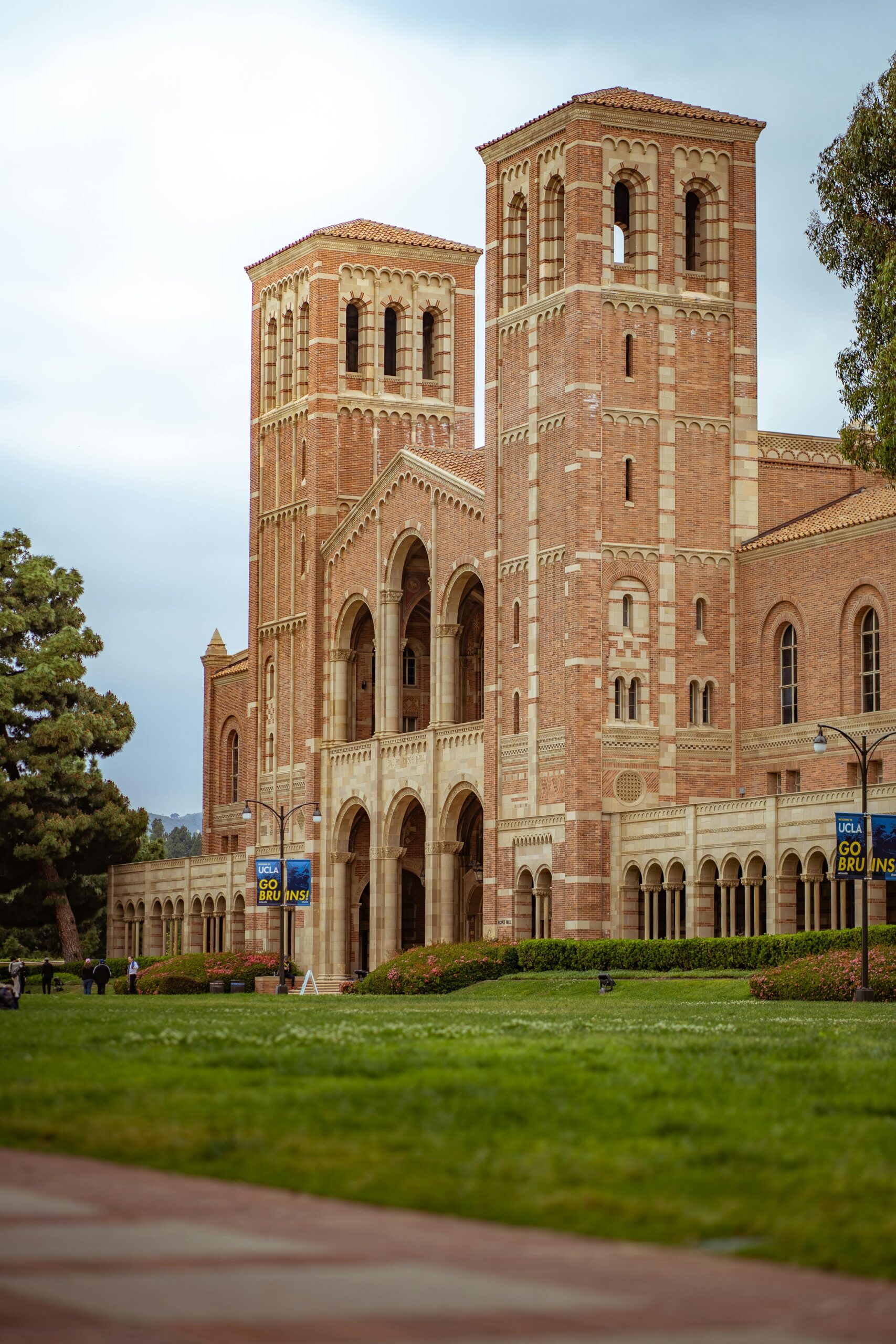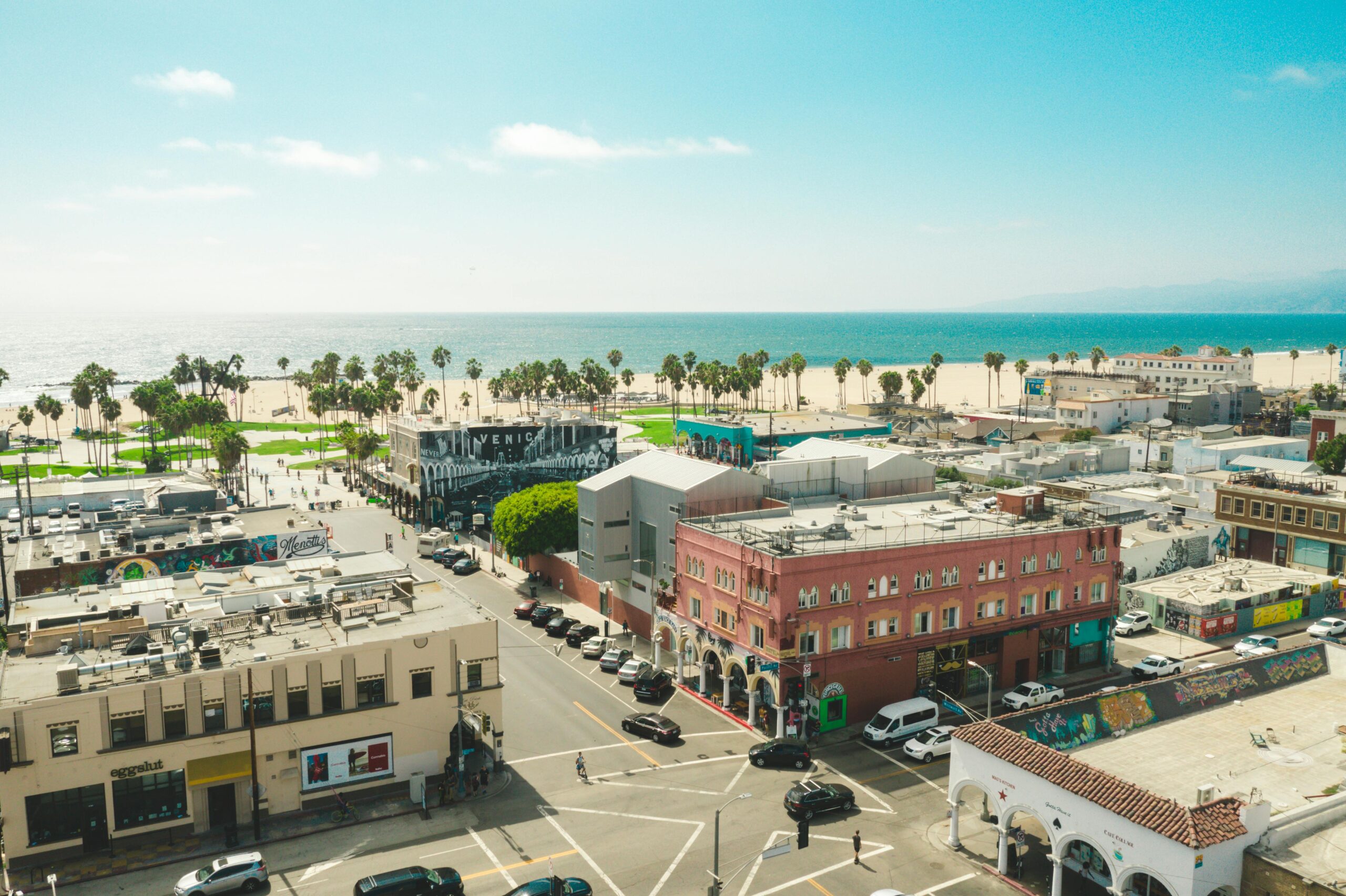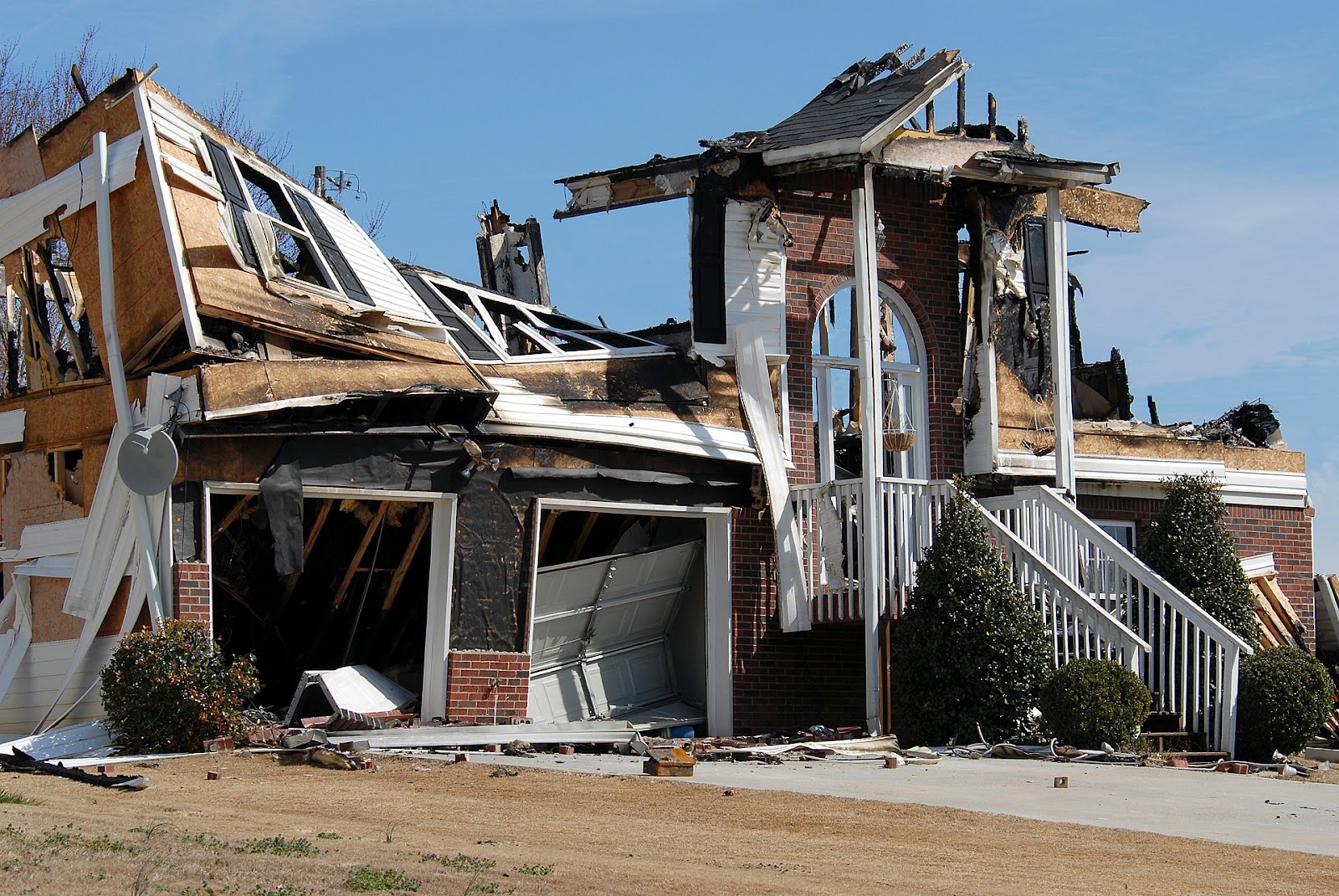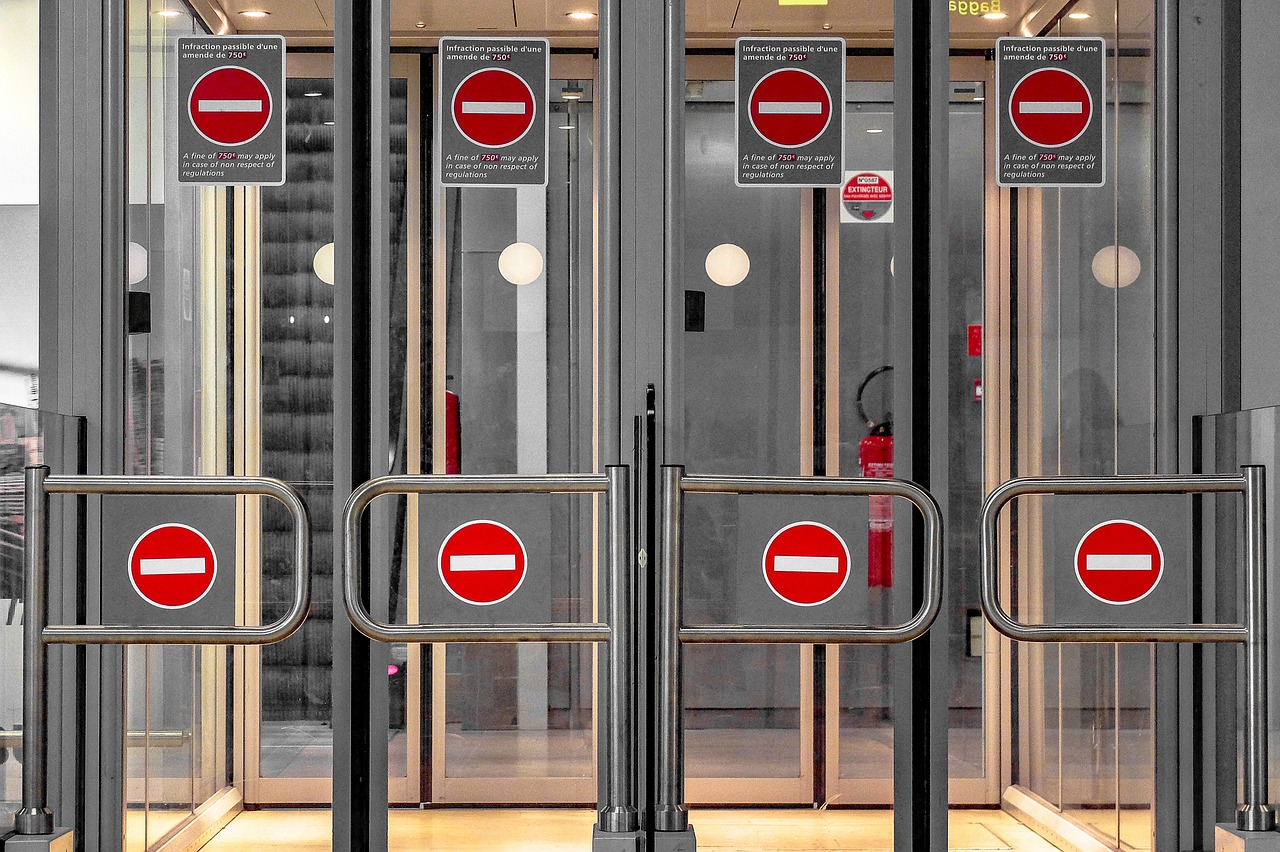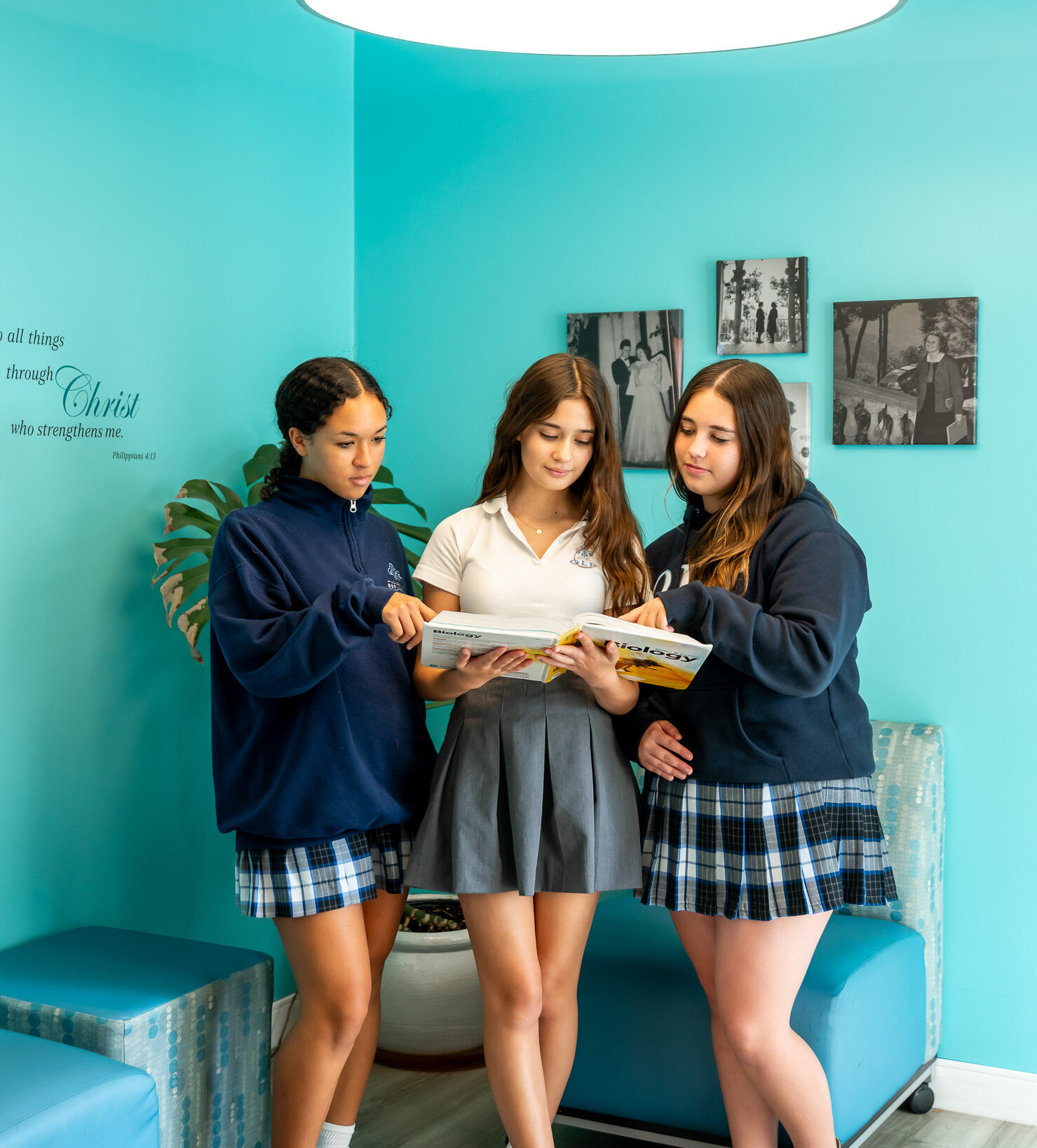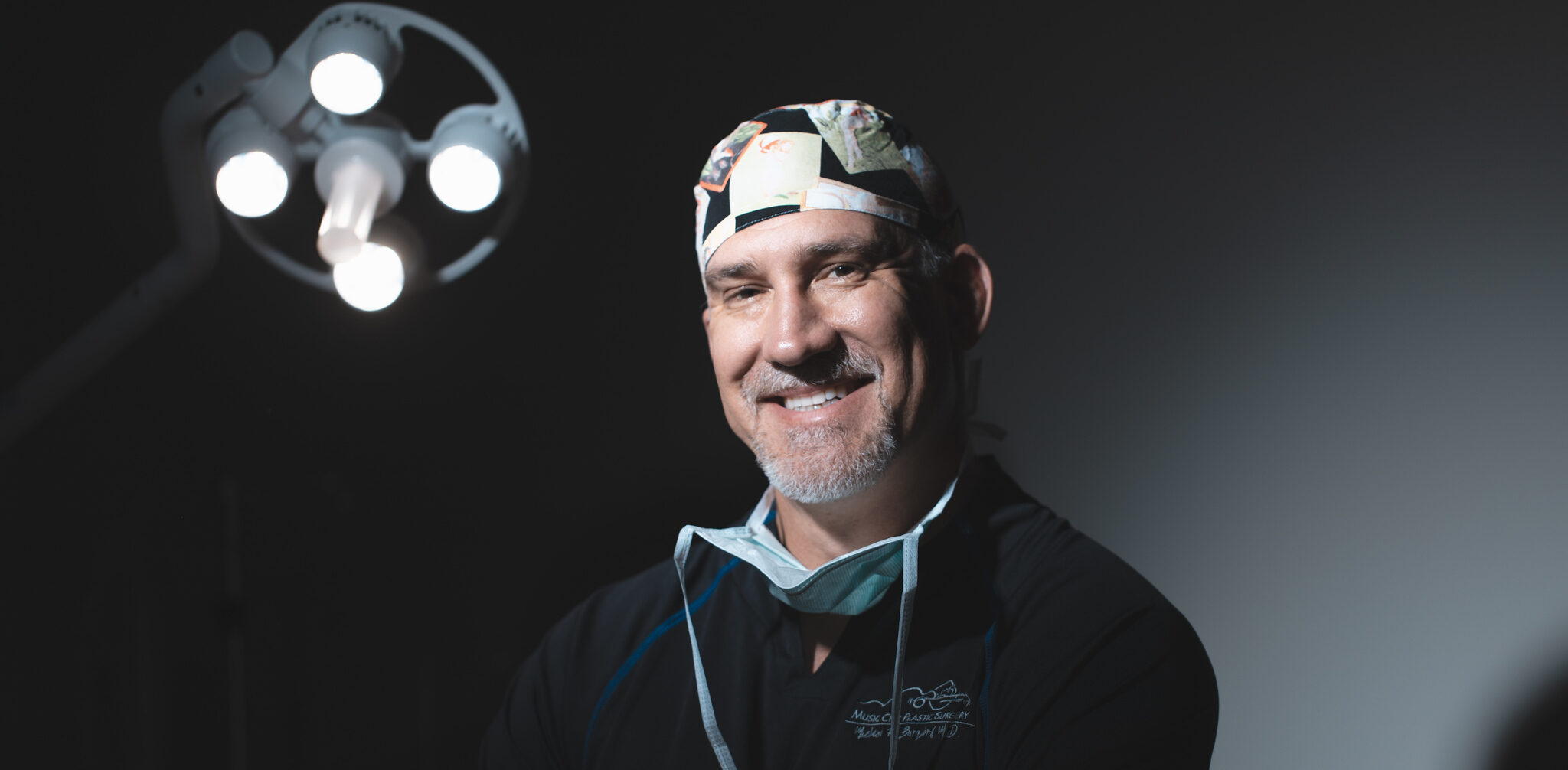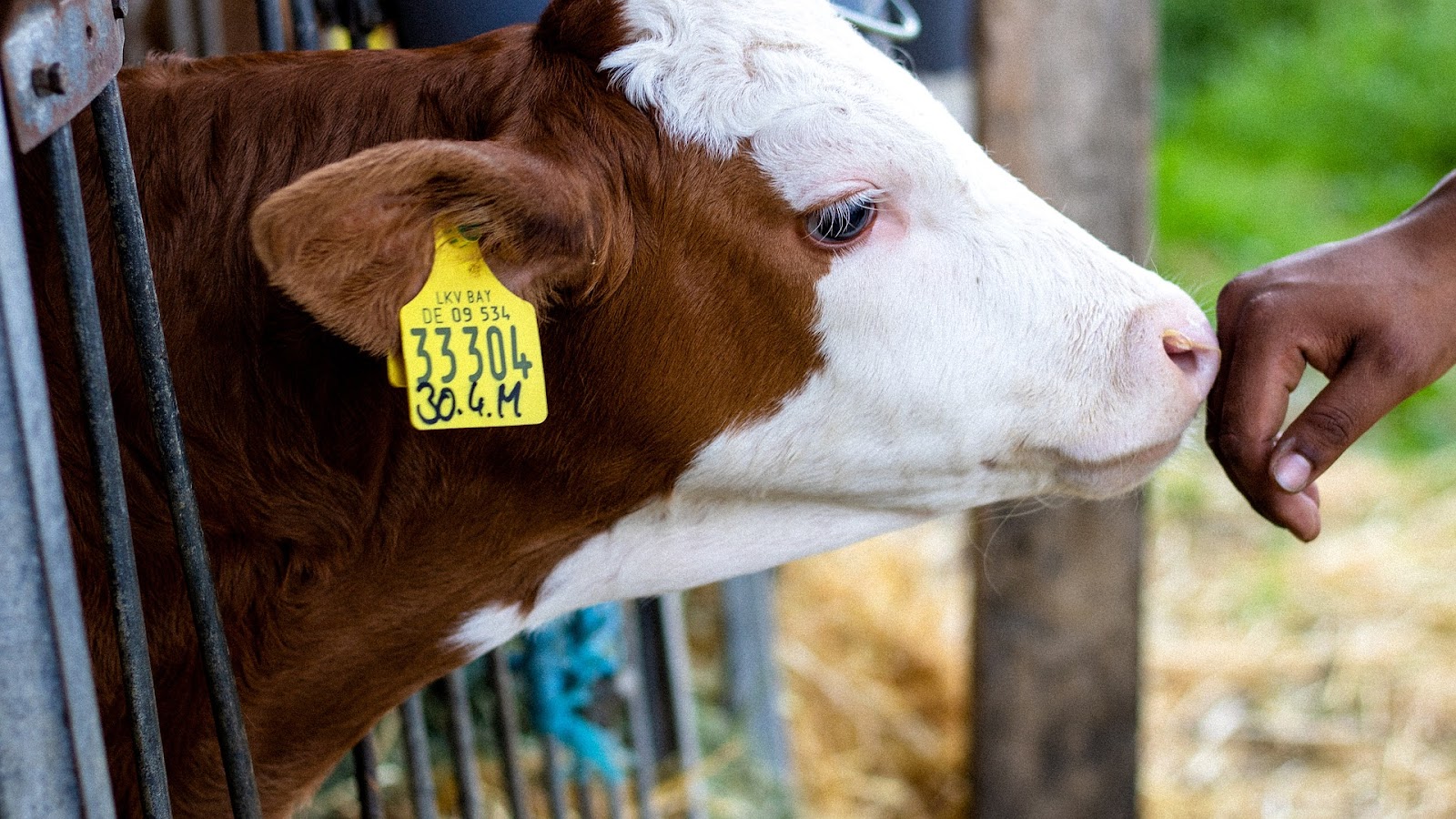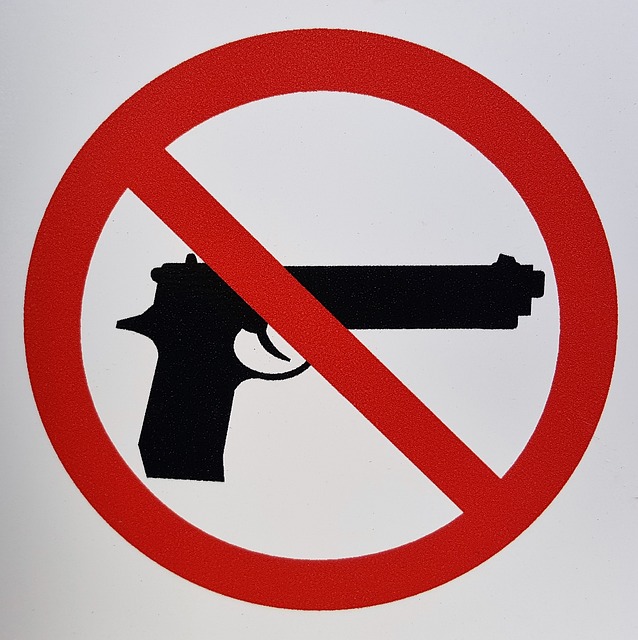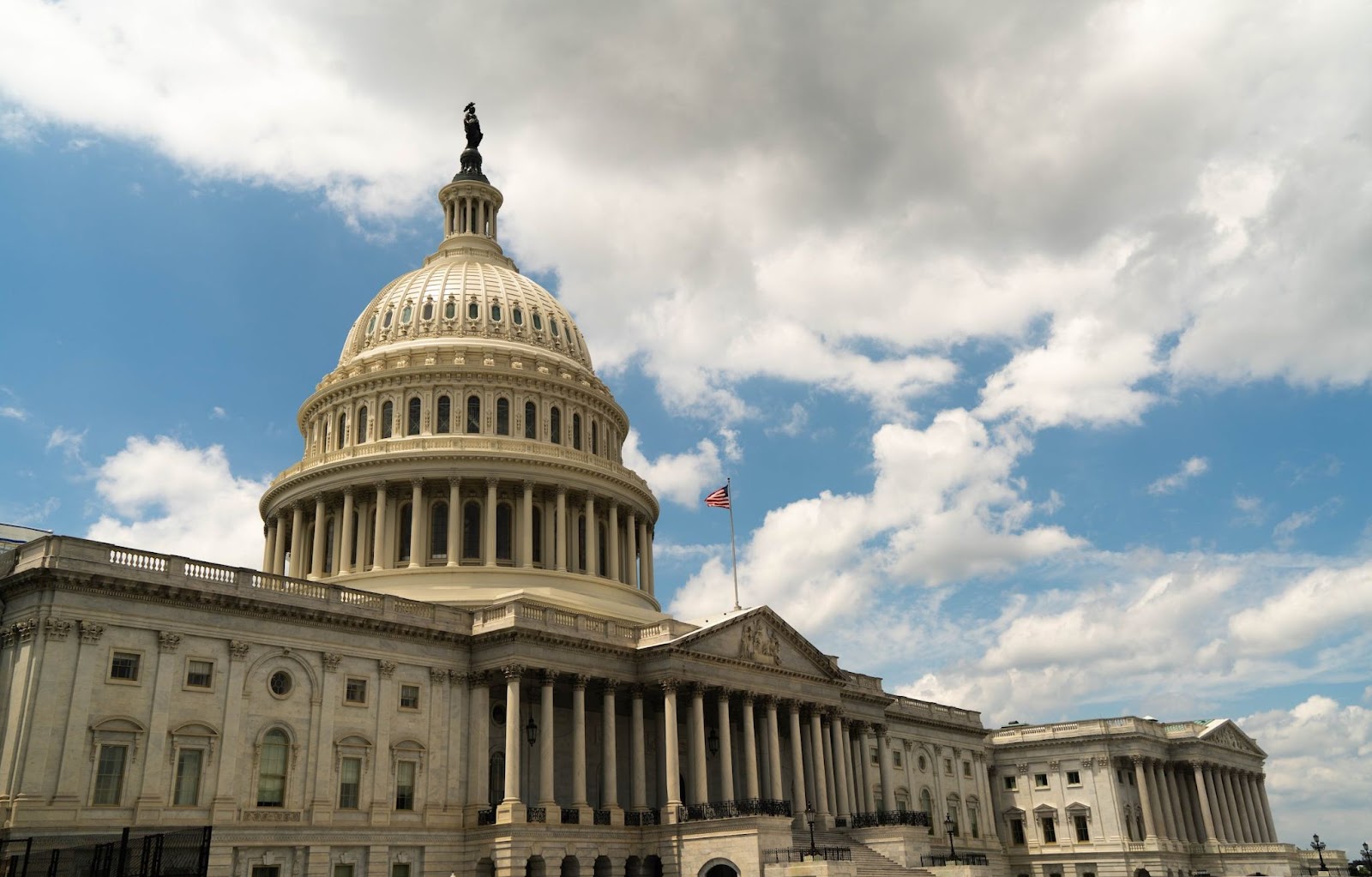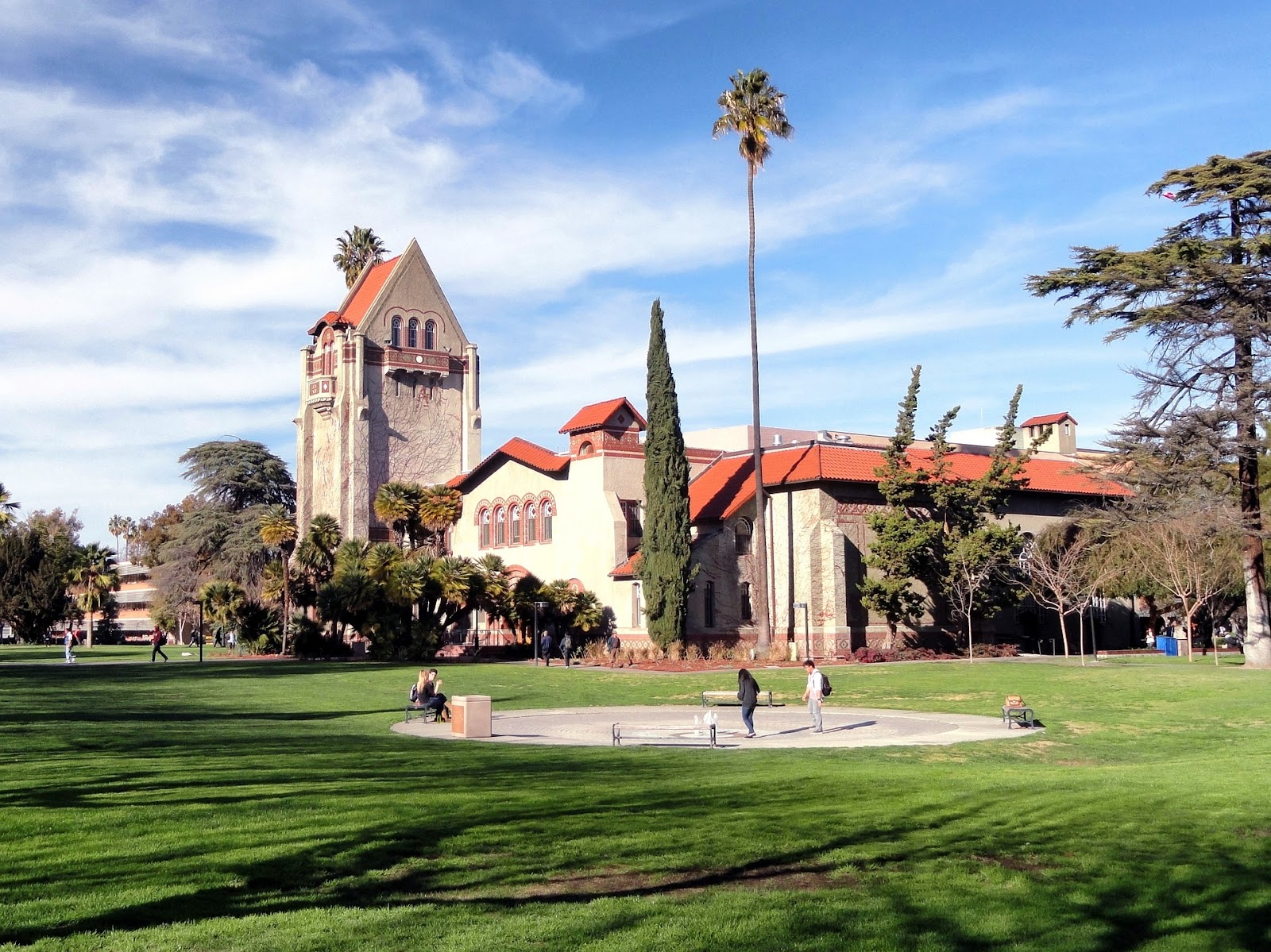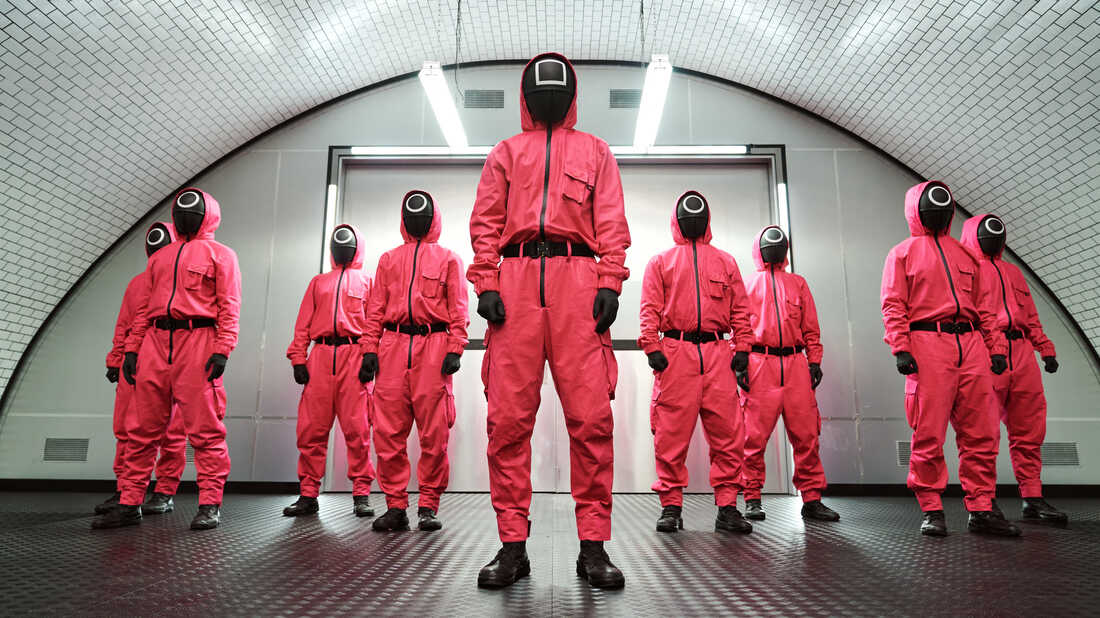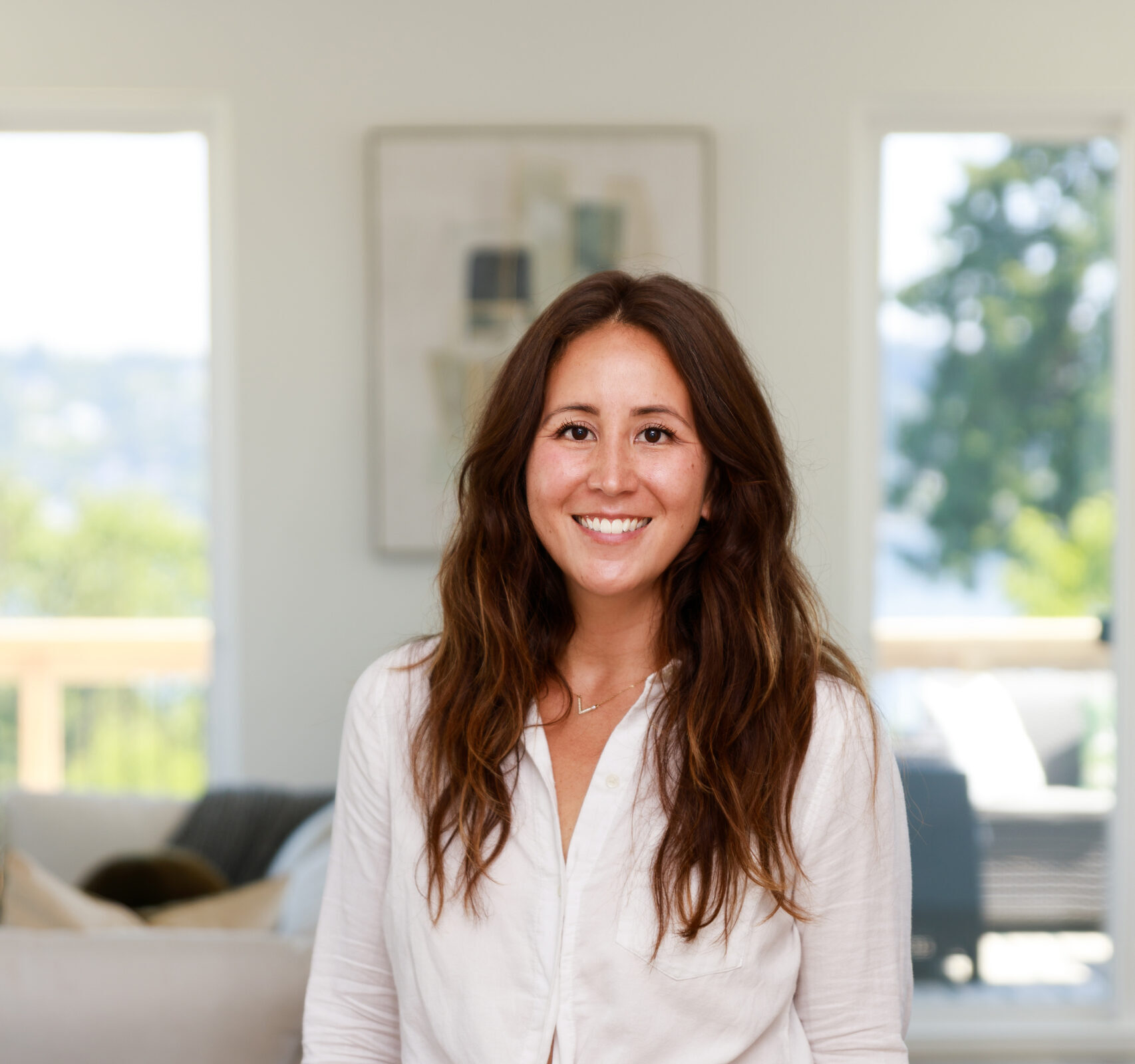The front-runners for California’s vacant U.S. Senate seat faced off in a discussion characterized by polite conversation and fervent support for their different agendas in the last stages before the primary election. On the debate stage, the four contenders, Democratic Representatives Adam Schiff, Katie Porter, and Barbara Lee, and Republican former Dodger Steve Garvey, addressed important concerns that the state and the country are now experiencing.
Immigration became a contentious issue, dividing candidates drastically according to their political affiliations. The only other Republican on stage, Garvey, pushed for more stringent border security measures and placed direct blame for the problem at the foot of President Joe Biden. Democratic candidates, on the other hand, emphasized the need for humanitarian immigration laws and more funding to handle asylum requests, criticizing the strategies of Republican governors and former president Donald Trump.
Minimum Wage and Economic Policy
Democratic advocates for large hikes in the minimum wage to address housing affordability and income inequality also triggered contentious discussions over it. Garvey, however, objected to the increase in the minimum wage, citing possible negative economic effects on Californians. The Democrats’ suggestions, which varied in price from $20 to $50 per hour, represented different opinions about what should be paid to guarantee a livable wage, especially in high-tax regions such as the Bay Area.
Housing Affordability
Another arena of contention for the candidates was housing policy, as they presented contrasting solutions to the affordability problem facing the state. All of the candidates concurred that more housing has to be produced, but they had different opinions about how much government assistance should be provided. Porter emphasized utilizing government resources to incentivize affordable housing developments, whereas Garvey advocated for loosening rules to promote housing construction. To address homelessness, Lee promoted a comprehensive strategy that included government assistance for tenants and mental health services.

In a rare moment of consensus, every contender acknowledged the significance of tackling homelessness by combining affordable housing, social services, and increased salaries. Their arguments over the most effective ways to approach the problem revealed deeper ideological differences about the roles that the public and private sectors should play in resolving social issues.
The candidates’ differing opinions on the Israel-Hamas conflict and the US’s place in the Middle East were discussed during the foreign policy portion of the discussion. Garvey voiced doubts about a two-state solution and defended Israel’s right to self-defense, while Schiff stressed humanitarian help without endorsing Hamas and Lee demanded an immediate ceasefire.
Current Polling and Election Outlook
As the primary election draws near, Schiff has around 25% of the vote, much ahead of Porter and Garvey, who are tied at 15% apiece. Lee is behind with 7% of the vote. The top two vote-getters will face off for the seat left empty by the late Senator Dianne Feinstein in November.
Voters were given an insight into the candidates’ goals and future plans for California during the discussion, which took place with only a few weeks to go before the primary. Each contender will keep putting out their best argument to voters as the contest heats up in an effort to be on the ballot and eventually represent the Golden State in the U.S. Senate.







